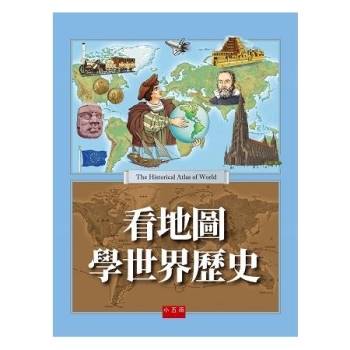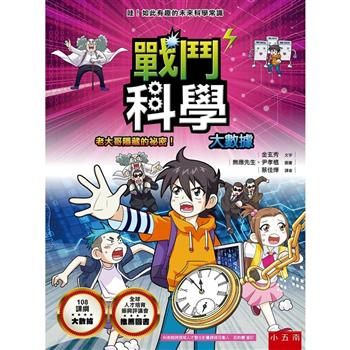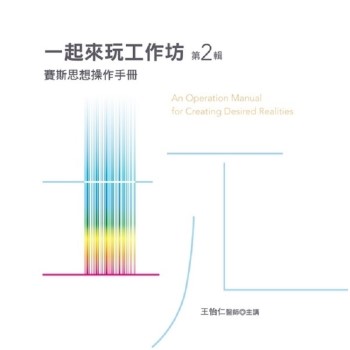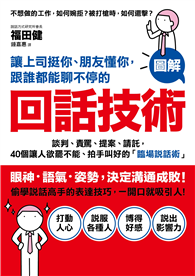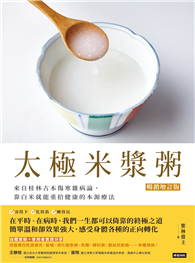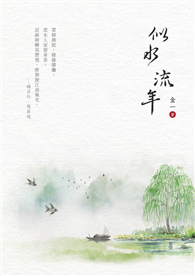Drawing on historical institutionalism and strategic frameworks, this book analyzes the evolution of the Workers' Party between 1989, the year of Lula's first presidential bid, and 2009, when his second presidential term entered its final stretch. The book's primary purpose is to understand why and how the once-radical Partido dos Trabalhadores (PT) moderated the programmatic positions it endorsed and adopted other aspects of a more catch-all electoral strategy, thereby increasing its electoral appeal. At the same time, the book seeks to shed light on why some of the PT's distinctive normative commitments and organizational practices have endured in the face of adaptations aimed at expanding the party's vote share. The conclusion asks whether, in the face of these changes and continuities, the PT can still be considered a mass organized party of the left.
| FindBook |
有 1 項符合
The Transformation of the Workers’ Party in Brazil, 1989-2009的圖書 |
 |
The Transformation of the Workers’ Party in Brazil, 1989-2009 作者:Hunter 出版社:Cambridge University Press 出版日期:2010-09-13 語言:英文 規格:平裝 / 236頁 / 22.6 x 15.2 x 1.8 cm / 普通級 |
| 圖書館借閱 |
| 國家圖書館 | 全國圖書書目資訊網 | 國立公共資訊圖書館 | 電子書服務平台 | MetaCat 跨館整合查詢 |
| 臺北市立圖書館 | 新北市立圖書館 | 基隆市公共圖書館 | 桃園市立圖書館 | 新竹縣公共圖書館 |
| 苗栗縣立圖書館 | 臺中市立圖書館 | 彰化縣公共圖書館 | 南投縣文化局 | 雲林縣公共圖書館 |
| 嘉義縣圖書館 | 臺南市立圖書館 | 高雄市立圖書館 | 屏東縣公共圖書館 | 宜蘭縣公共圖書館 |
| 花蓮縣文化局 | 臺東縣文化處 |
|
|
圖書介紹 - 資料來源:博客來 評分:
圖書名稱:The Transformation of the Workers’ Party in Brazil, 1989-2009
|

